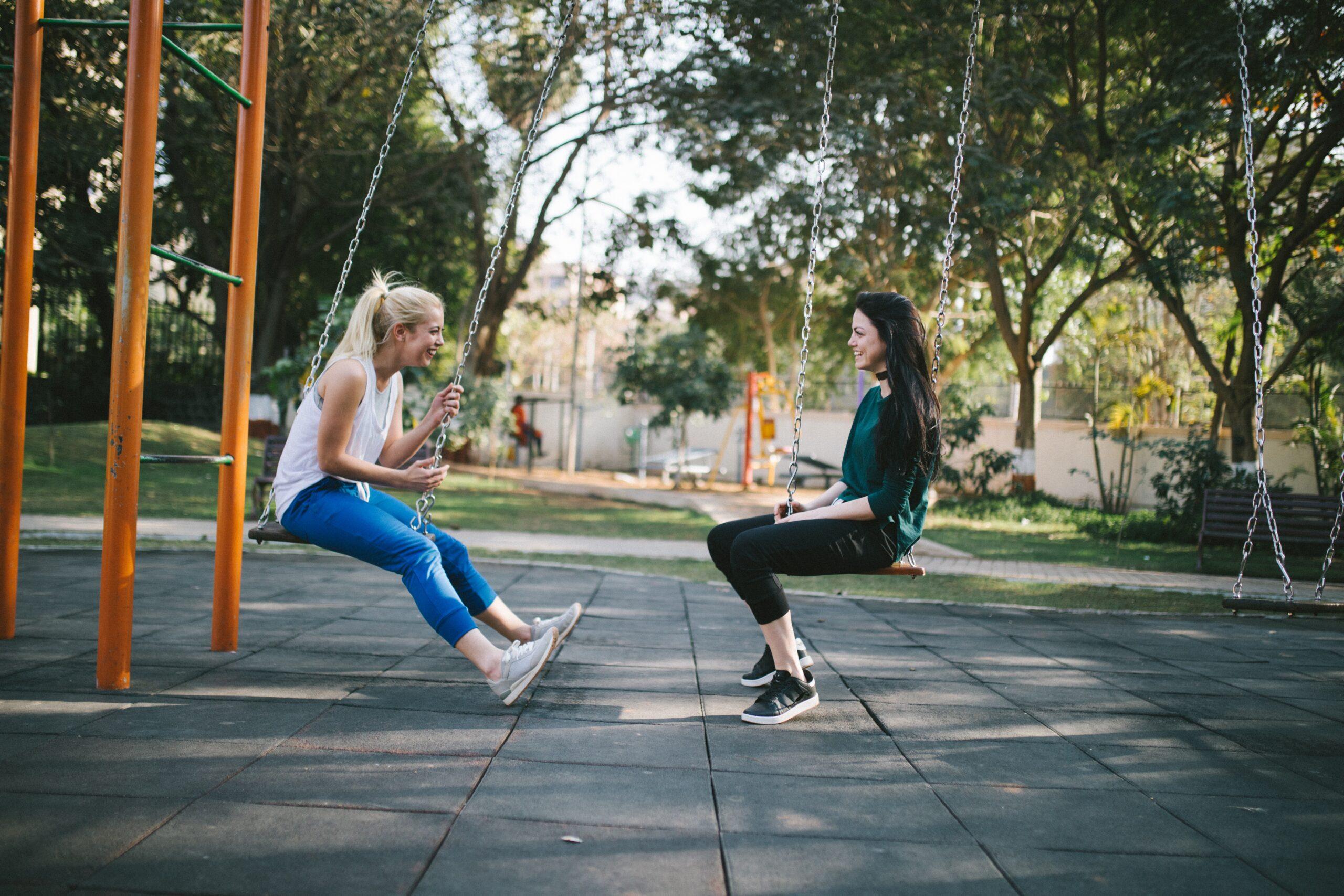Summer camp is a place where strong friendships are made. Ask a child about peers who went to camp last year or an adult about people who attended 25 years ago, and you’ll discover the same thing: Camp friends are some of their closest friends. American Camp Association research has found that 96 percent of campers say that camp helped them to make new friends and 94 percent say camp helped them to get to know campers who were different than themselves. But what exactly is it about camp that fosters these strong friendships?
At camp, children have the freedom to be themselves without the pressures of school or the constraints of who they may be at home. When children go to school with the same children each year, they may be categorized as the shy or the studious child. Camp allows children to reinvent themselves and be who they want to be in a positive, supportive environment. The shy child may become the outgoing child, and the child who may be not be the athletic kid at home can become entrenched in sports at camp.
Camp is an intentional community, one where children return each summer and are reunited at the place they love. Children eat together, participate in a myriad of activities together, share traditions, and sometimes live communally in bunks together. In this environment, children must learn to share, make decisions as a group, and respect each other.
Through all these shared experiences, bonds are formed and friendships are made. The camp environment also allows for children to try new activities each day. And when they succeed together, whether it’s reaching the top of the climbing wall or going down the zip line, they connect over the experience. Camp is also a place with strong traditions and rituals; sharing in these as a community allows for friendships to grow. Camp professionals are trained in the management of group dynamics. Counselors are trained to empower children in their group so they feel comfortable and to encourage each child to contribute to the group, showing him that he is valued. This leads a child to feel confident in a group, making it easier to find friends.
With so much technology in the lives of today’s children, camp gives children a respite from it all. The majority of summer camps ban most technology, including TV, smartphones, tablets, and computers. As a result, children engage with each other face to face, building stronger friendships.
For parents worried about their child going to camp without a friend from home don’t fret! Children make friends at camp quickly. Many camps even host pre-camp events for first-time campers so they can meet new friends before the first day. Other camps host spring festivals at and welcome all new families. Even without these events, children will meet friends on the first day of camp. Whether it’s on the bus to camp, at the first shared meal, or during icebreaker games, children will begin to open up to each other. In no time, you will be hearing about all the new friends your child is meeting at camp.
If your child does decide to go to camp with a friend, speak with the camp director and let him know that these children are friends from home. Consider putting them in separate bunks. This will help your child to be more outgoing in making new friends instead of just defaulting to his friend from home.
Don’t be surprised if your child comes home from camp with a new saying, “Living 10 for two.” What does it mean? Kids wait 10 months of the year for those two months at camp, where they get to be with their friends again.
If you need assistance in finding the right camp for your child, the American Camp Association, New York and New Jersey offers free, one-on-one advice. Call (212)391- 5208 or visit www.searchforacamp.org.




